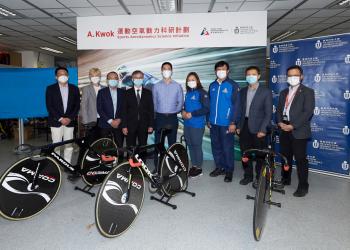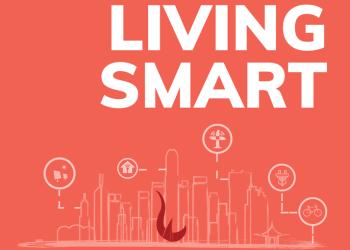News & Stories
2021
2020
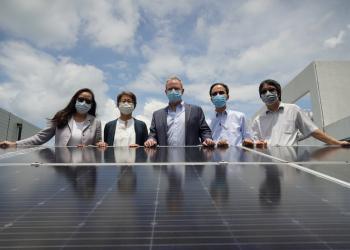
News
HKUST Launches the Largest-Scale Solar Power System in Hong Kong
The Hong Kong University of Science and Technology (HKUST) today announced its latest commitment to being a sustainability leader in Hong Kong by launching a renewable energy project that will include the installation of up to 8,000 solar panels at over 50 locations on campus. It will be Hong Kong’s largest solar energy generation project when complete.

News
HKUST Launches First e-Verified Certification Platform in Hong Kong
The Hong Kong University of Science and Technology (HKUST) has launched the HKUST “Blockcerts” platform – a trust-free, user-friendly verification system for documents such as graduation diplomas and academic transcripts, in its latest move to promote a paperless and sustainable campus as well as tackling the problem of fake diplomas.As the first University in Hong Kong to launch this blockchain-based degree authentication system, HKUST hopes to set a trend for the gradual replacement of the conventional paper verification process - where graduates must make requests and pay the institution every time they need a print copy of their diploma, which is not environmentally friendly and also time-consuming for graduates and employers. HKUST also hopes the Blockcerts system can help hinder illegal activities on academic forgery.

News
Using Sensing Technology for Sustainable Tree Management
“Every tree is a living thing,” says Prof. WANG Yu-Hsing, Associate Head and Professor of the Department of Civil and Environmental Engineering, while admiring a tree on the hillside near HKUST’s waterfront. Typhoon Mangkhut in September 2018 cracked the tree almost in half. Severely damaged, Prof. Wang thought it might not make it, but it did miraculously. What fascinates him most is the tree’s resilience and tenacity in withstanding adverse weather conditions that have become more rampant due to climate change. In order to monitor the tree’s stability, Prof. Wang has installed a smart sensor at its lower trunk to monitor its’ tilting angle.
The sensor mounted on the tree is developed by Prof. Wang and his research team who originally conducted a student-oriented project of using sensing technology on slopes seven years ago.
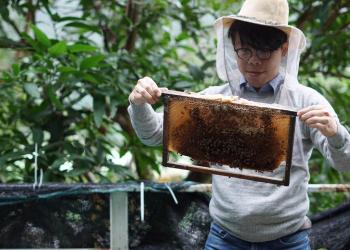
News
The Sweet Solution to a Global Crisis
Graduated with a BSc in Mathematics in 2011, Lancelot SHIR has taken a sweet and varied journey in life. A few years after graduation, Lancelot already had success with his first business — a tutorial center teaching mathematics — which he funded with two years of hard work of working.
As a local rock star tutor, it could have been all maths for Lancelot with his tutorial business achieving great results. However, he encountered a health problem in 2017 due to massive work pressure, and his life took an unexpected turn.
“I was suffering from a stomach problem and a friend of mine suggested I used raw honey to treat the problem. It worked a treat and I was suddenly catapulted into the world of honey and bees – I couldn’t stop learning and it changed my life,” he says.
2019
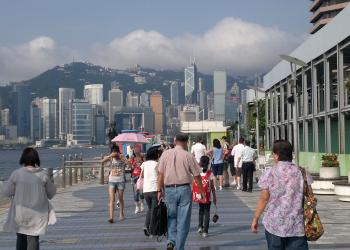
News
HK Set for Worst of It Amid Climate Change
This month, we experienced the hottest day of the year as temperatures in Hong Kong reached 35.1 degrees Celsius.
Countries across western Europe also struggled in record-breaking temperatures recently, with France hit the worst at 45.9 degrees in June.
The grim situation appears to have been a repeat of last year's conditions.
Although there are ongoing indepth analyses and further studies to examine the causes of individual extreme temperature events, many experts believe that extreme heat waves would not be feasible without anthropogenic climate change, meaning human activities are the main culprit for global warming ravages.
Such an assumption has been proven by climate models - a complex computer simulation of physical processes and mathematical formulae used mainly to predict climate and understand how the climate system responds to elevated greenhouse gas emissions.









